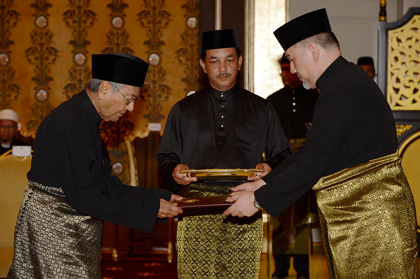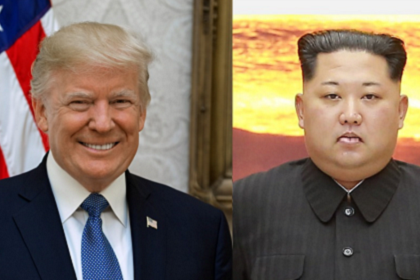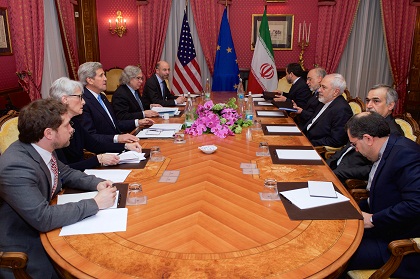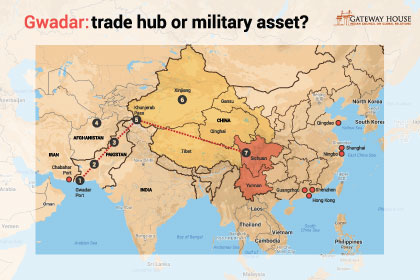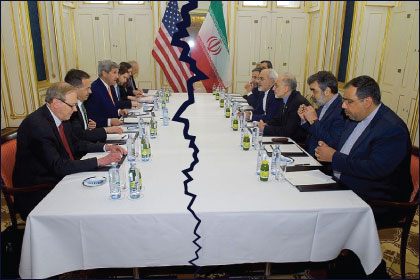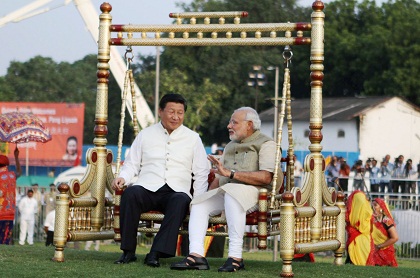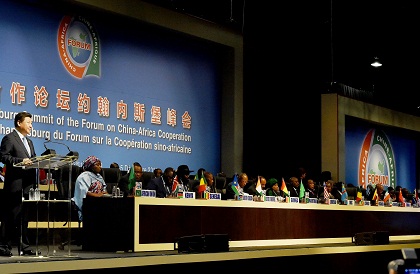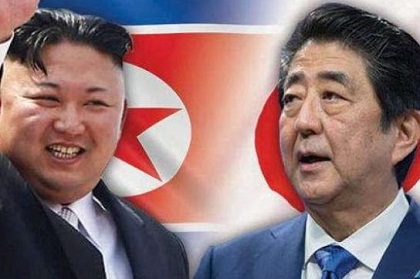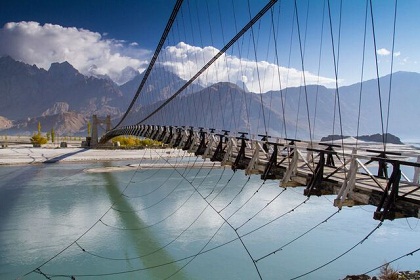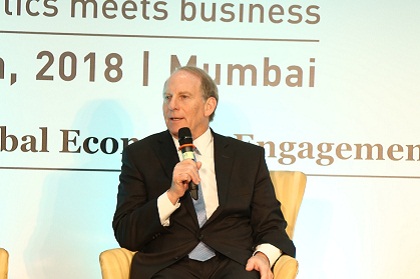Mahathir’s Malaysian manoeuvres
Malaysia is in the eye of a different power game today. Fifteen years ago when Mahathir’s last tenure as prime minister ended, the United States loomed over the Asia-Pacific and Malaysia. Today it is an unlikely leader and Mahathir inherits a China-dominated Indo-Pacific and vexed internal politics. What changes in foreign policy will this entail?

